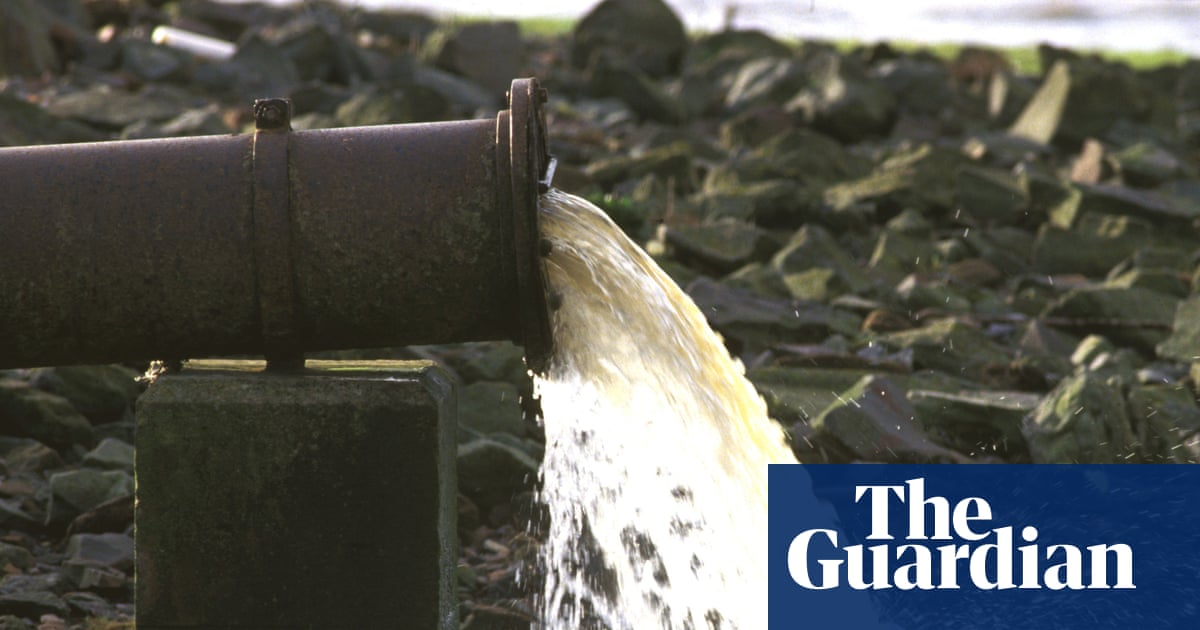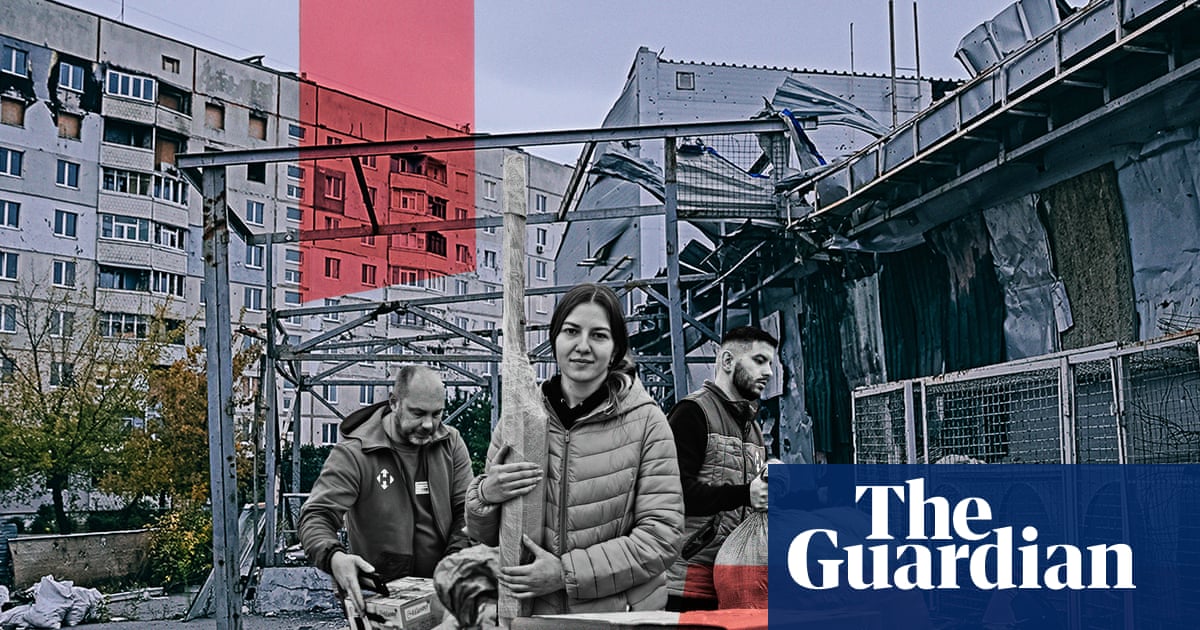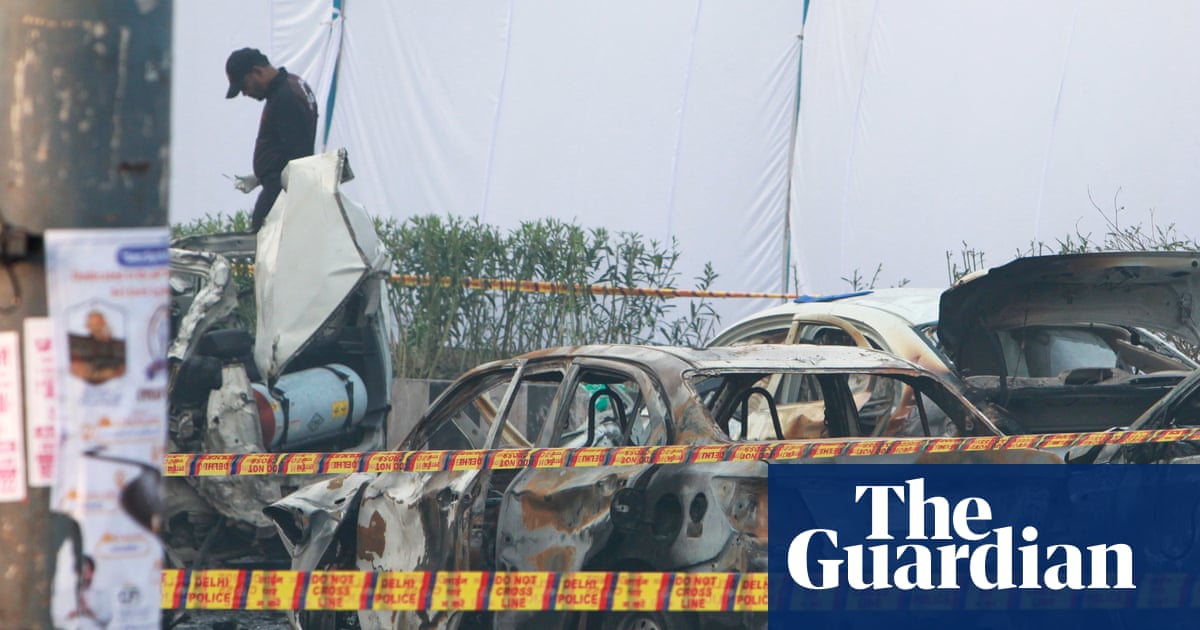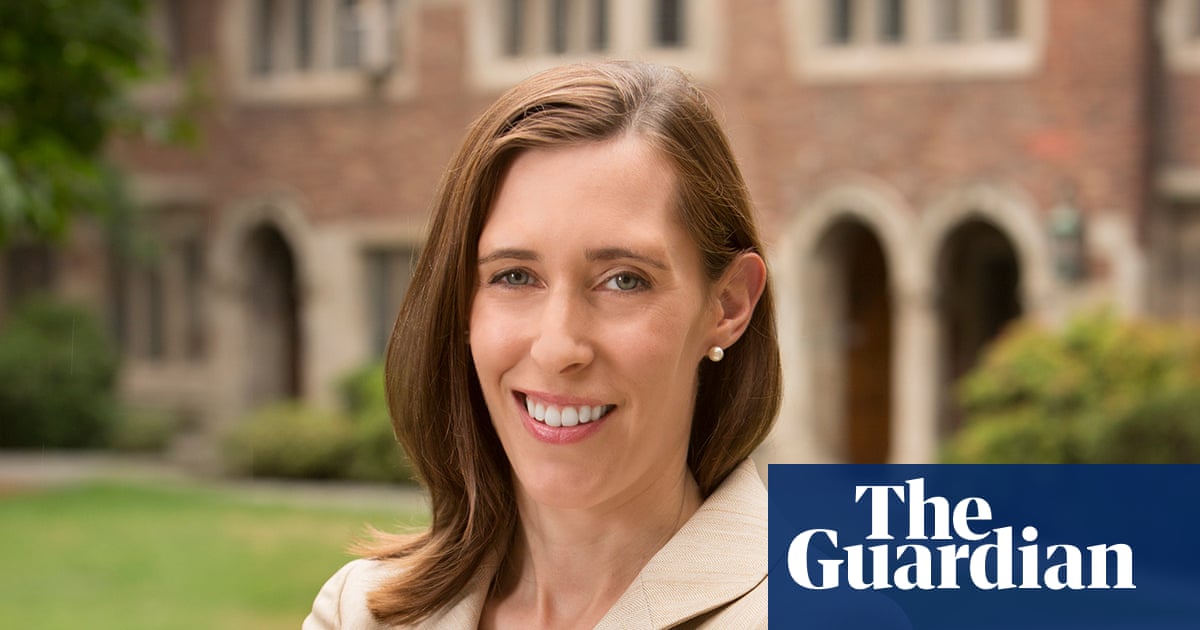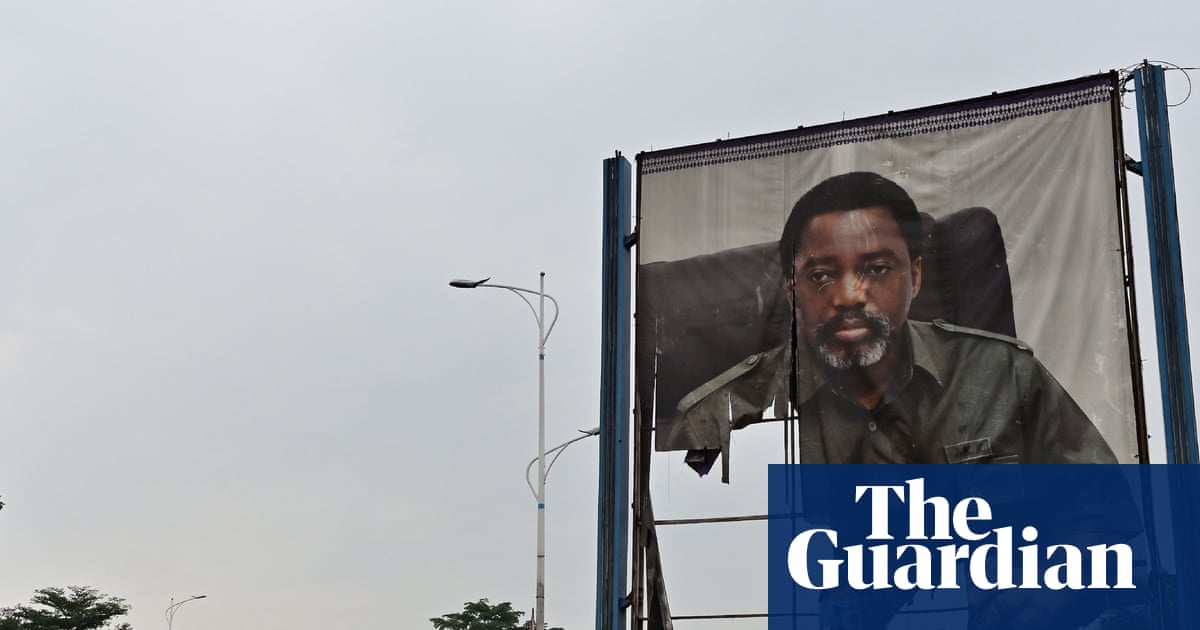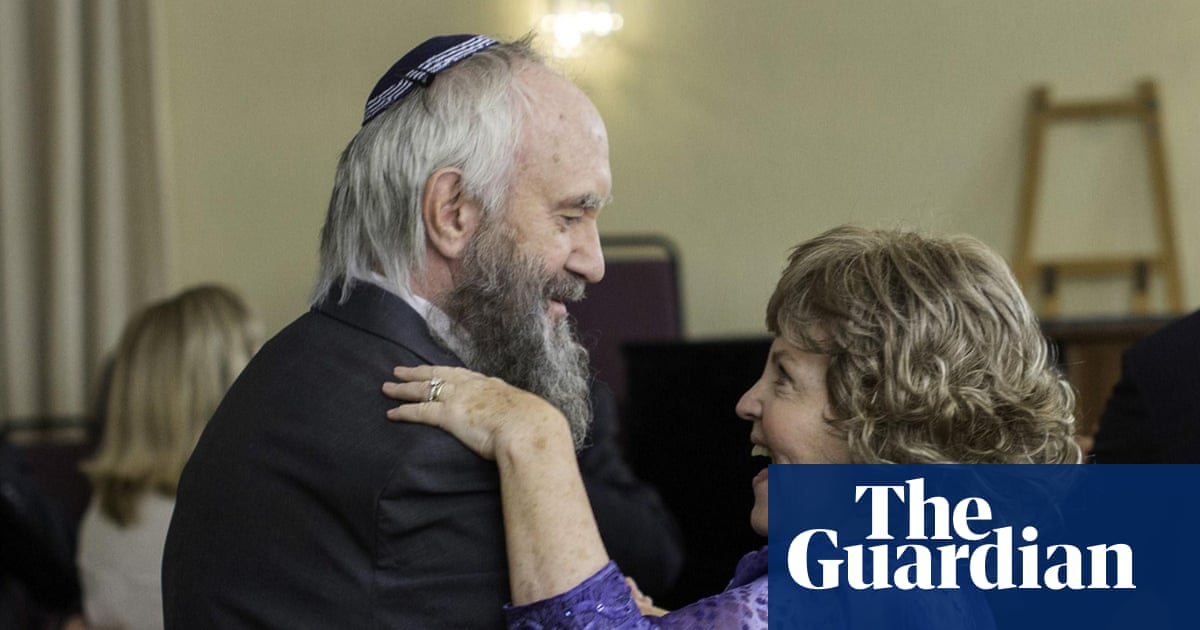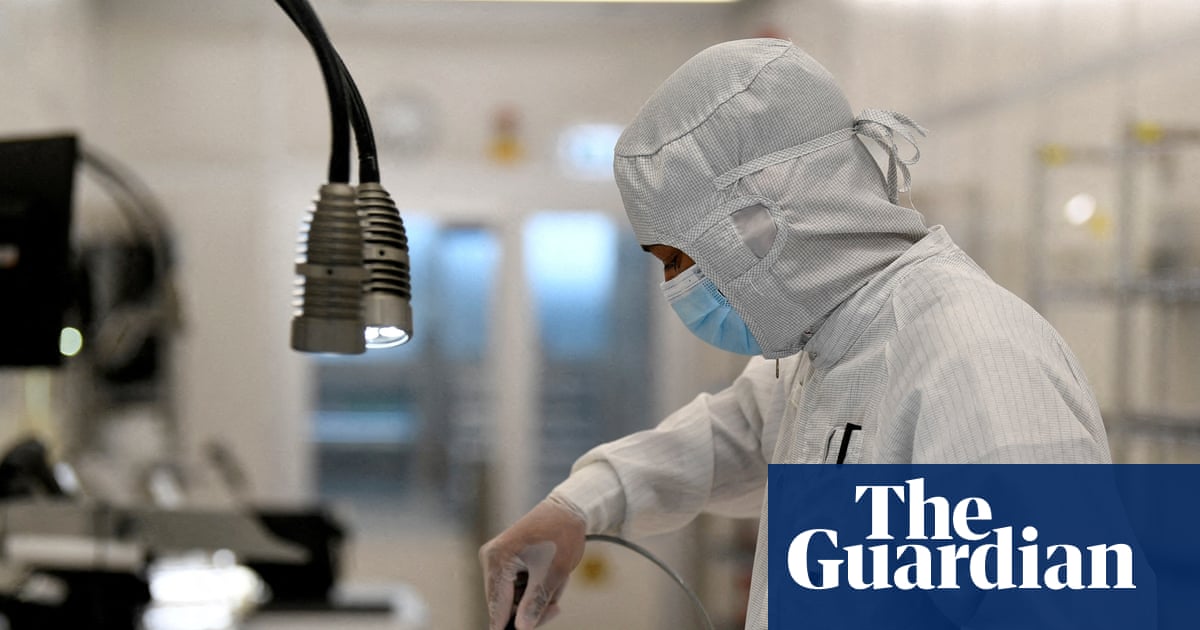The miscarriage of justice watchdog is failing prisoners appealing against wrongful convictions because it does not have forensic expertise and will not engage with third parties who do, experts have claimed.
Advisers to Inside Justice, a miscarriage of justice charity, say that the Criminal Cases Review Commission (CCRC) relies on legal professionals without a proper understanding of the science that underpins many convictions and appeals.
Dr Ann Priston, the former president of the Forensic Science Society (now the Chartered Society of Forensic Sciences), said: “It’s so easy to assume that the science has been correctly applied and correctly interpreted. Knowing who to approach and when in this context is key to this problem and that is where the CCRC fails.
“Despite being the only body with the power to request documents and exhibits for further testing, they frequently refuse to do this, arguing that it would be pure speculation.
“Far too frequently they shelter behind the proposition that since these steps might have been taken by the defence at or before the trial, it is no longer appropriate for access to be afforded, even though objectively there appears to have been a flagrant misunderstanding of this evidence at trial.”
The CCRC has faced criticism over its handling of cases including those of Andrew Malkinson, who spent 17 years in jail for a rape he did not commit; and Peter Sullivan, whose murder conviction was overturned in May after 38 years.
In June, a parliamentary inquiry criticised “complacency” with respect to scientific understanding within the CCRC and recommended recruitment of permanent staff members with scientific backgrounds.
Priston said it would be impossible for the CCRC to have all the different fields of science covered but it was essential that it took advice “from people who know better than them”.
Tracy Alexander, a former president of the British Academy of Forensic Sciences, said that external experts could help the CCRC but Inside Justice’s offers to help had been rebuffed.
She said: “We’ve said to them on countless occasions: ‘We have experts in pretty much every field, we are free, why don’t you let us have a look? We’ll advise you.’ And they say: ‘No, because you’re obviously on the side of the guilty party, and you’ll be biased.’ The whole point of forensic investigation is that you’re not biased one way or the other. You’re supposed to interpret the evidence and then come up with an answer, and if a test will prove it one way or the other, you get the test done.”
She said that the CCRC had hired retired police officers “who also know bugger all about forensic opportunities” and failed to understand that DNA “is not a barcode of guilt”, given how readily it was transferred.
Alexander claimed the watchdog was “not fit for purpose” and yet police forces will not release evidential material directly to prisoners and their lawyers.
“Put some responsibility on police forces to hang on to their exhibits and then hand them over,” she said. “Because if somebody can get a decent barrister and a team of experts to support them with further testing, then why are we spending money on the CCRC?”
A CCRC spokesperson said: “We regularly engage with external scientific experts during our case reviews. We also use our special legal powers to obtain forensic evidence held by the police.
“We have recently supplemented our existing in-house expertise by appointing a full-time forensic science and expert evidence adviser to provide support reviewing forensic aspects of cases, assist in devising forensic strategies and engaging with the most appropriate experts to carry out further work on individual cases.”
They said casework staff receive up-to-date training on forensic science.

 2 months ago
45
2 months ago
45
